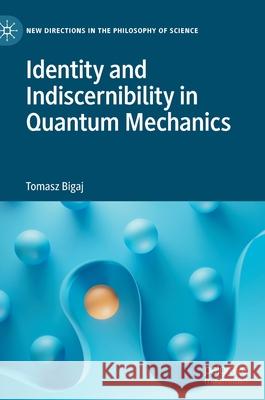Identity and Indiscernibility in Quantum Mechanics » książka
topmenu
Identity and Indiscernibility in Quantum Mechanics
ISBN-13: 9783030748692 / Angielski / Twarda / 2022 / 231 str.
Identity and Indiscernibility in Quantum Mechanics
ISBN-13: 9783030748692 / Angielski / Twarda / 2022 / 231 str.
cena 603,81
(netto: 575,06 VAT: 5%)
Najniższa cena z 30 dni: 578,30
(netto: 575,06 VAT: 5%)
Najniższa cena z 30 dni: 578,30
Termin realizacji zamówienia:
ok. 16-18 dni roboczych.
ok. 16-18 dni roboczych.
Darmowa dostawa!
Kategorie BISAC:
Wydawca:
Palgrave MacMillan
Seria wydawnicza:
Język:
Angielski
ISBN-13:
9783030748692
Rok wydania:
2022
Wydanie:
2022
Numer serii:
000451307
Ilość stron:
231
Waga:
0.48 kg
Wymiary:
21.01 x 14.81 x 1.75
Oprawa:
Twarda
Wolumenów:
01
Dodatkowe informacje:
Wydanie ilustrowane











